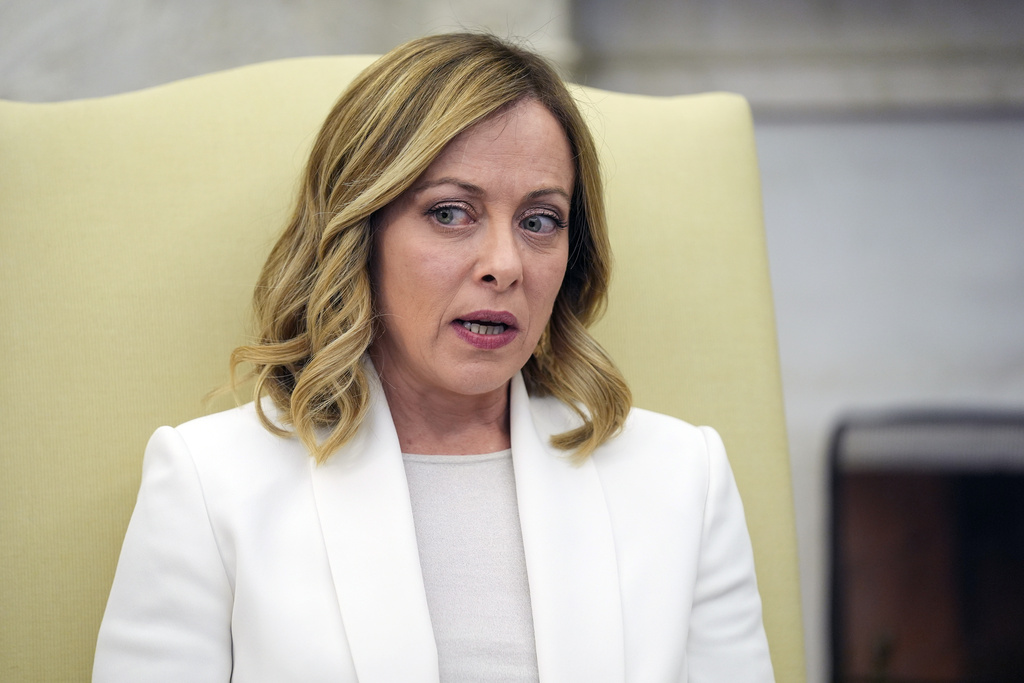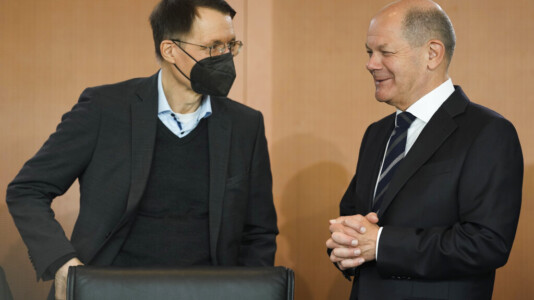If some EU countries are treated as they were inferior, it weakens the continent, Italian Prime Minister Giorgia Meloni said in the upper chamber of the Italian parliament in Rome, ahead of the EU summit that starts on Thursday.
Using an analogy from football, Giorgia Meloni said that until a few months ago, some people had put Hungary and Poland in the “second division.”
She also noted that Poland was treated as a “second-class” nation until Donald Tusk won power and the previous conservative government went into the opposition; only then was it treated with respect.
“Only when Poland changed its government did it move up to first class. This means that you believe that nations whose governments do not conform to your views should be isolated. This is a misreading of foreign policy. I do the opposite and engage in dialogue with everyone,” the prime minister replied to the left-wing opposition.
It is not the first time she has referred to Hungary and Poland being treated like “second-class” nations. A year ago, she also accused the EU of applying this standard.
Meloni, president of the Brothers of Italy party (FdI), added, “I have my party’s interests at heart, but nothing comes before the interests of my country.”
With regard to the war in Ukraine, the Italian prime minister said that Rome does not support in any way the possible military intervention of European Union countries, which could lead to a dangerous escalation of the war, and that it should be avoided at all costs. She further said that she opposes Italian troops in Ukraine.
Regarding the Israeli-Palestinian conflict, the prime minister said that the Palestinian terrorist organization Hamas revealed its brutality in the Oct. 7 attacks and that its inhumanity was carried out in front of the world. She said the attacks seem to have been premeditated in order to provoke a reaction from Israel with the aim of isolating it on the international stage, and this is what is happening now at the level of public opinion.
Meloni also referred to the farmers’ protests in Europe: “We must honestly admit that a well-defined part of the problems of agricultural workers depends on the ideological, in some cases crazy, decisions that the left has imposed on Italy and Europe in these years.”






